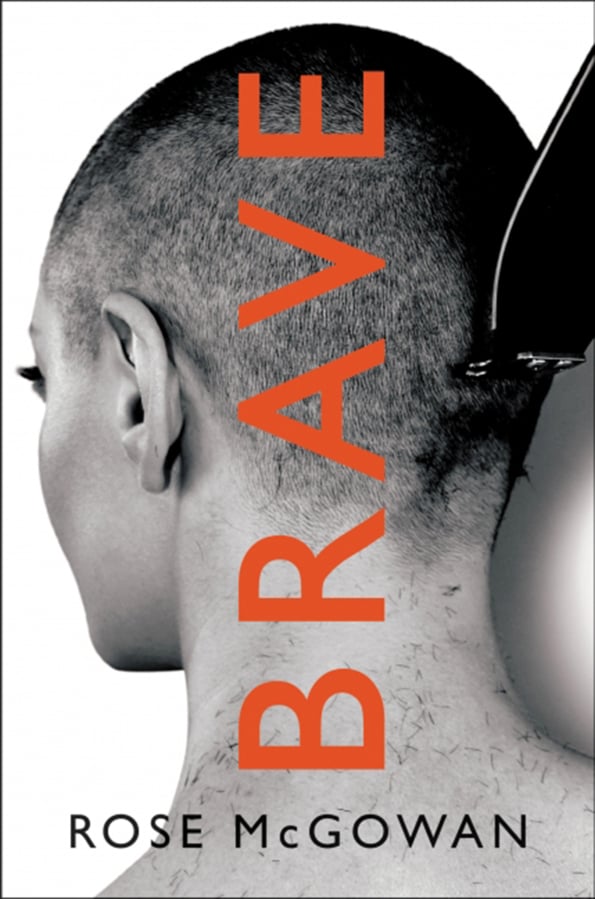Now 44, she was born in Certaldo, Italy, in Tuscany, and raised in a polygamous cult known as Children of God. She escaped sexual molestation, but she claims she witnessed a sinister array of exploitative and/or criminal behavior. It was “a highly sexualized environment,” she writes, “run by men, to benefit men.” It prepared her all too well for Hollywood.
Eventually her father fled with McGowan and her older brother, Nat, along with her father’s new wife, leaving the old wife (Rose’s mother) behind in Italy. McGowan’s disorienting American childhood and early teen years were spent ping-ponging from Oregon and Washington to Colorado, between various relatives. She turned teenage runaway. She did a lot of drugs and spent some time in rehab. She dated a variety of control-freakish manipulators with violent streaks. And then she made her first movie, as a $35-a-day extra on the apocalyptic 1990 B-movie “Class of 1999.” The shoot, she writes, was also the occasion of a sexual assault.
Then came the L.A. years. For a time, McGowan reunited with her mother and attended Hollywood High School. McGowan, then 15, met a 20-year-old trust fund kid, one in a string of despicably jealous possessors plaguing her private life. McGowan also coped with eating disorders, and while parts of “Brave” are routinely written, at her best the author vividly captures a concrete image or a moment amid the swirl of this harsh life. This sentence, for example: “I would sit on the toilet because of the laxatives I was taking and cut out pictures of girls who were thinner than me.” That says a great deal about body image and female beauty norms without a single comma.
The married writer-director Robert Rodriguez wrote for McGowan — his girlfriend at the time — the role of the go-go dancer with the machine gun leg in “Planet Terror,” one half of the Rodriguez/Quentin Tarantino scuzz double bill known as “Grindhouse.” Rodriguez, McGowan writes, turned out to “outdo even my father in cruelty.” In “Planet Terror,” McGowan’s character is nearly raped by a military leader played by Tarantino; in the Tarantino half of “Grindhouse,” “Death Proof,” McGowan suffered potentially serious injuries filming a car stunt.



